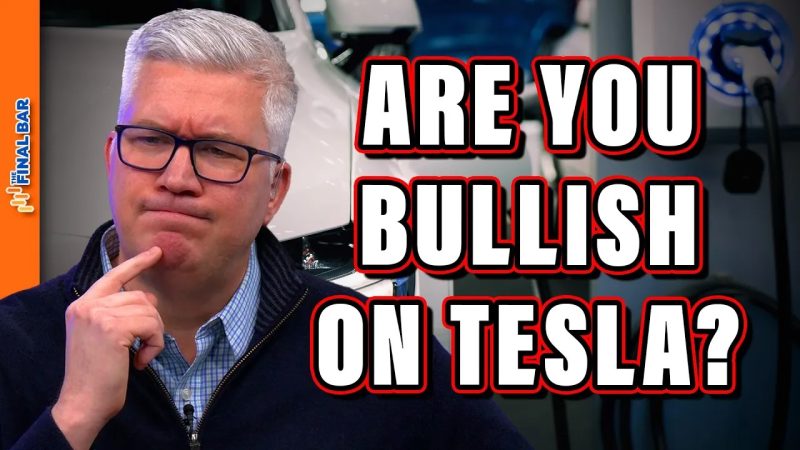In the dynamic world of electric vehicles and technology, Tesla has been at the forefront of innovation and disruption. However, despite its meteoric rise and undeniable impact on the automotive industry, it’s crucial to exercise caution before jumping on the Tesla bandwagon and proclaiming unwavering bullishness.
While Tesla’s reputation for producing cutting-edge electric vehicles is well-deserved, there are several factors that suggest it might be premature to blindly bet on the company’s success. One of the key considerations is the fierce competition in the electric vehicle market. Established automakers, such as Volkswagen, Ford, and General Motors, are ramping up their electric vehicle offerings, posing a real threat to Tesla’s market dominance. These traditional automakers possess vast resources, decades of manufacturing experience, and strong brand loyalty, which could challenge Tesla’s market share in the long run.
Another significant concern is Tesla’s financial performance and profitability. Despite achieving remarkable revenue growth in recent years, Tesla has struggled to consistently generate profits. The company’s financial health is critical for its long-term sustainability and ability to fund research and development for future projects. The volatility of Tesla’s stock price also reflects market uncertainties and investor apprehensions about the company’s profitability prospects.
Furthermore, Tesla’s ambitious expansion plans and lofty valuations raise questions about its ability to meet future demands and expectations. The company’s aggressive targets for vehicle production, new product launches, and market penetration require flawless execution and operational efficiency, which may be challenging to maintain consistently. Moreover, Tesla’s valuation multiples are considerably high compared to traditional automakers, reflecting high investor expectations and leaving little room for error.
Additionally, regulatory and geopolitical uncertainties could pose risks to Tesla’s growth trajectory. Changes in government policies, trade tensions, and environmental regulations could impact Tesla’s operations, supply chain, and market access. The company’s global footprint and reliance on overseas markets introduce complexities and vulnerabilities that need to be carefully monitored and managed.
In conclusion, while Tesla has undoubtedly revolutionized the automotive industry and displayed exceptional technological prowess, it’s essential to approach the company’s prospects with a critical and cautious mindset. The competitive landscape, financial performance, scalability challenges, valuation concerns, and external risks all indicate that it might be premature to wholeheartedly embrace extreme bullishness on Tesla. Keeping a watchful eye on market developments, industry dynamics, and Tesla’s strategic decisions would be prudent for investors and enthusiasts alike to make informed judgments about the company’s future trajectory.






















